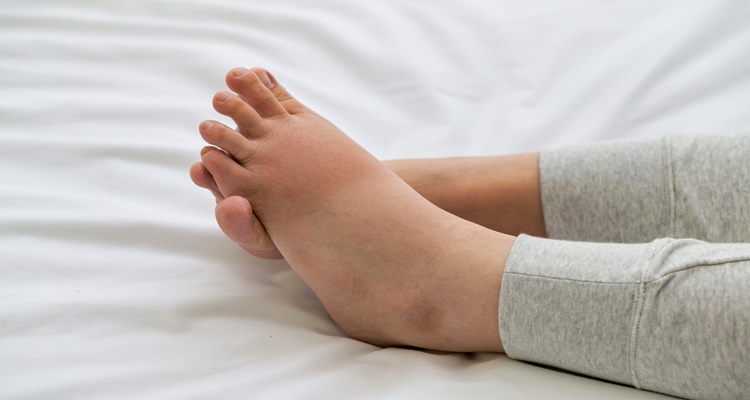Here are the signs of protein deficiency or lack of protein amount in your body.
PROTEIN DEFICIENCY – Are you eating enough protein? Here are the ways to determine if you are receiving enough amount of this mineral or not.
What every cell has that helps repair and make new ones is protein. This is also essential for growth and development in children, teens, and pregnant women. Moreover, it has a critical role in the processes that fuel energy and carry oxygen throughout the body in the blood.

Luckily, protein is easily found in various foods and some that have this apart from meat are quinoa, eggs, soy, roasted pistachio, dairy, fish, and many more. And not getting enough amount of this can possibly lead to serious health issues.
Check out the recommended daily needs:
- Children under 4: 13 grams
- Children ages 4 to 8: 19 grams
- Children ages 9 to 13: 34 grams
- Women and girls ages 14 and over: 46 grams
- Boys ages 14 to 18: 52 grams
- Men ages 19 and over: 56 grams
And here are the signs that you are not getting enough protein:
- Swelling or edema in abdomen, legs, feet, and hands.
- Changes in the mood because neurotransmitters are made of amino acids and these are the ones that relay messages in between cells.
- Problems in hair, nail, and skin because they are made up of proteins called elastin, collagen, and keratin.
- Not enough protein affects the muscles, hence, the weakness and fatigue.
- Carbs, fats, and proteins are sources of calories and if you are deficient in protein, you may tend to feel hungry despite eating regular meals.
- Injuries heal slower as per WebMD.
Lack of protein is also called hypoproteinemia and in severe cases it may lead to serious conditions like stomach bloating, liver failure, skin that splits open, stunted growth, and weak and thin bones.
Adults over 70 vegans, and vegetarians are at higher risk of protein deficiency
READ ALSO:
- Vitamin D Benefits and The Best Sources Aside From Sun Exposure
- Health Tips – To Stay Looking Young, Avoid Doing These

